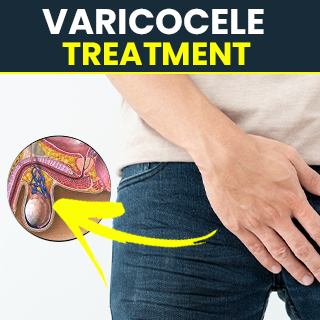Numerous millions of people around the world suffer from the chronic autoimmune disease psoriasis. It manifests in several forms, including scalp psoriasis, plaque psoriasis, psoriatic arthritis, inverse psoriasis, psoriasis vulgaris, pustular psoriasis, and genital psoriasis. Each variant presents unique challenges, making it crucial to tailor treatment approaches accordingly.
Scalp Psoriasis:
In addition to causing physical discomfort, scalp psoriasis can be socially unpleasant due to apparent flakes and redness. This makes it an especially distressing condition.
Plaque Psoriasis:
The most prevalent type of plaque, psoriasis, causes raised, red, and scaly patches of skin.
Biologics, in particular, have revolutionized plaque psoriasis treatment by targeting the underlying immune response responsible for the condition.
Psoriatic Arthritis Symptoms:
An inflammatory form of arthritis called psoriatic arthritis frequently coexists with psoriasis. Managing joint pain and inflammation is crucial. Nonsteroidal anti-inflammatory drugs (NSAIDs) can provide relief. Physical therapy and lifestyle modifications are also essential components of managing psoriatic arthritis symptoms.
Inverse Psoriasis:
Inverse psoriasis typically appears in skin folds, such as the armpits, groin, and under the breasts. Due to its location, treatment can be challenging.
Psoriasis Vulgaris:
Psoriasis vulgaris, also known as chronic plaque psoriasis, often requires a combination of treatments. Topical therapies, phototherapy, and systemic medications may all be considered. Lifestyle changes, including stress management and a balanced diet, can complement medical interventions for better outcomes.
Pustular Psoriasis:
Pustular psoriasis is a rare and severe form of the condition characterized by pus-filled blisters. Hospitalization may be required for extensive pustular psoriasis to ensure proper hydration and treatment.
Genital Psoriasis:
Genital psoriasis can be particularly sensitive and challenging to treat. Patients must communicate openly with their healthcare providers to address any concerns or discomfort related to this type of psoriasis.
It's important to note that while these treatments can be effective, psoriasis management is highly individualized. What works for one person may not work for another, and the severity of the condition often determines the chosen approach.
Moreover, lifestyle factors play a crucial role in managing psoriasis. Maintaining a healthy diet, managing stress, staying hydrated, and avoiding triggers like smoking and excessive alcohol consumption can help reduce flare-ups and improve the overall quality of life for those with psoriasis.
For More References
https://bharathomeopathycure.blogspot.com/2023/09/from-struggle-to-strength-embracing.html
https://www.behance.net/gallery/180597935/Vitiligo-isnt-a-flaw-its-a-masterpiece-in-progress
https://www.minds.com/newsfeed/1551848759221030913?referrer=bharathomeopathy2810
https://www.bloglovin.com/@bharathomeopathy1/vitiligo-isnt-a-flaw-its-a-masterpiece-in






